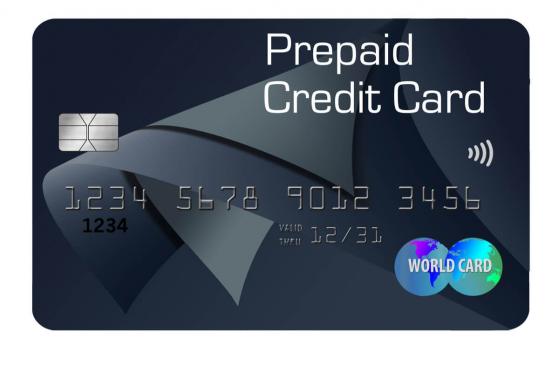You’ve heard endless complaints about cryptocurrencies being used by terrorists and money launderers to carry out their criminal activities.
So unnerved by many in the banking industry that they’ve put policies in place that prohibit their credit cardholders from using their plastic to buy cryptos.
In Canada, the government is getting in on the action by proposing measures that are meant to thwart the activities of terrorists and money launderers who may turn to prepaid credit and debit cards to buy cryptos and veil their criminal activities.
Let’s go over the country’s moves.
Fed up
Few would disagree that one of the main concerns about the crypto space relates to bad actors who are infiltrating it. Whether it be fake ICOs or payments for unscrupulous activities, such as drug buys or money laundering, criminals are find that cryptos are key in them being able to carry out their crimes, and they have to do it.
Canadian officials are fed up with criminals and their adept abilities to hone in on the loopholes in the country’s anti-money laundering policies. The country’s efforts to stem the activities of the bad actors in the crypto space also entail addressing the shortcomings that were found in the policies by a watchdog group.
The plan for prepaid cards
One of the findings relates to loopholes that have allowed for criminals to use prepaid credit and debit cards to buy cryptos. Canadian officials are reportedly concerned that prepaid credit cards can be abused because it is difficult to trace the origins of the money that is loaded on them.
The fix for this problem is to treat prepaid cards like bank accounts. The Canadians think this will work because the issuers of these cards would have to verify the card purchaser's identity, keep records and report any suspicious dealings.
Under the changes, prepaid cards would be treated like bank accounts, meaning issuers would need to verify the card purchaser's identity, keep records and report any suspicious dealings.
The planned changes represent an attempt by regulators to keep up with the dawn of new financial technologies to deliver services more conveniently.
The draft of the issue states:
“While providing benefits to consumers, the new business models can complicate monitoring as well as make it more difficult for authorities to follow the money trail.”
All of this is meant to make sure that those who provide access to the financial system, such as banks and keep good records.
"Such information could assist in the investigation, apprehension and prosecution of money launderers and terrorist financiers."
Plan in the works
In addressing the issue of cryptos and the bad actors in the space, the country has been slow to actually put policies in place. For example, legislation was passed into law in 2014, but it’s still not in force.
Then, the country’s officials drafted a paper that points out the changes that need to be made in its anti-money laundering Act, which is called the Proceeds of Crime (Money Laundering) and Terrorist Financing Act.
It calls for businesses “dealing in virtual currencies” to register with the federal financial intelligence unit, FINTRAC, and implement an anti-money laundering compliance regime. Banks would be prohibited from providing services to businesses not registered with FINTRAC as well.
In this paper, it is stated about cryptos:
"They allow for the rapid transfer of funds within or across borders, often times without any intermediary, are generally characterized by non-face-to-face customer relationships, and can circumvent the physical 'brick and mortar' financial system entirely."
Also, transactions of $10,000 or more would have to be tracked.
This article appeared first on Cryptovest
